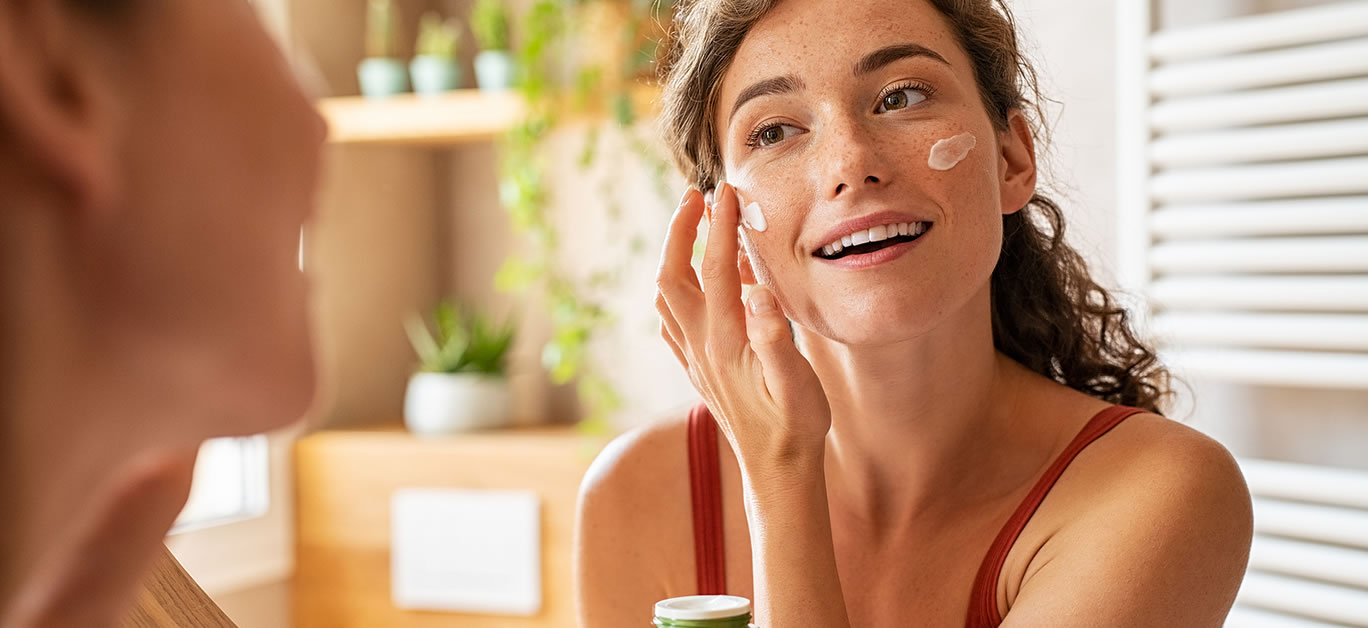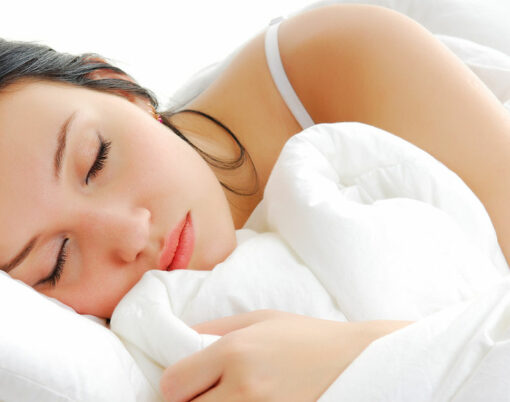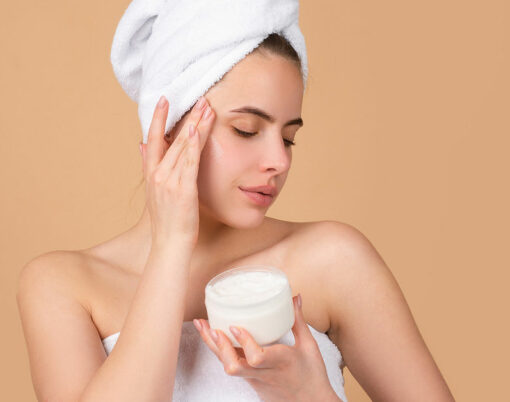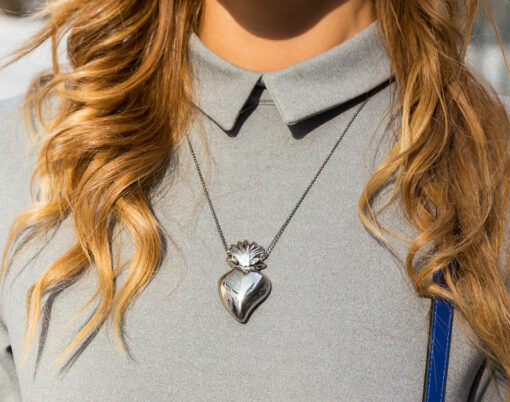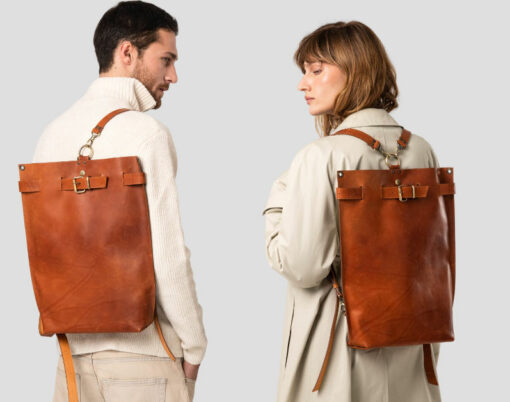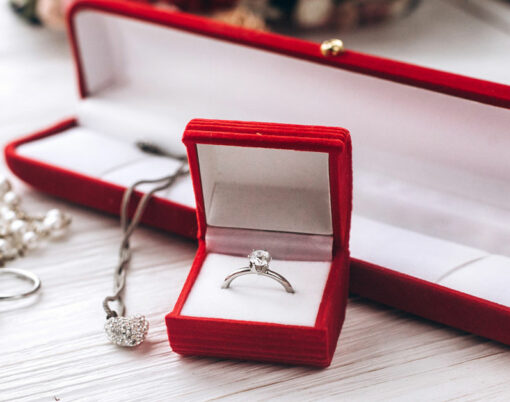Damage from computer screens, acne caused from wearing masks, and stress from the Covid-19 pandemic are just some of the lockdown skin care problems identified and now solved by a leading British supplement brand.
The experts at Skin Woof have compiled a useful guide of skin care dilemmas that many of us have experienced during this difficult period and now, with the cold snap hitting hard, look to be facing yet again.
Ben May, founder of Skin Woof, said: “The toll the global pandemic has taken on us manifests itself in many ways but our skin is one of the most physically apparent. Not only are we stressed and perhaps not eating as healthily, but even screen time and lack of sunshine can affect our skin.
“I have experienced first hand what staying inside and stress can do to your skin as I was left with blemished skin after a serious bout of MRSA in my early twenties. This was triggered by the antibiotics I was on but only increased by the stress I felt. That is why I set up Skin Woof to help everyone with skin problems from the inside out.
“We hope our guide can help you identify skin problems you may be suffering from and find the right solution for you to remedy it.”
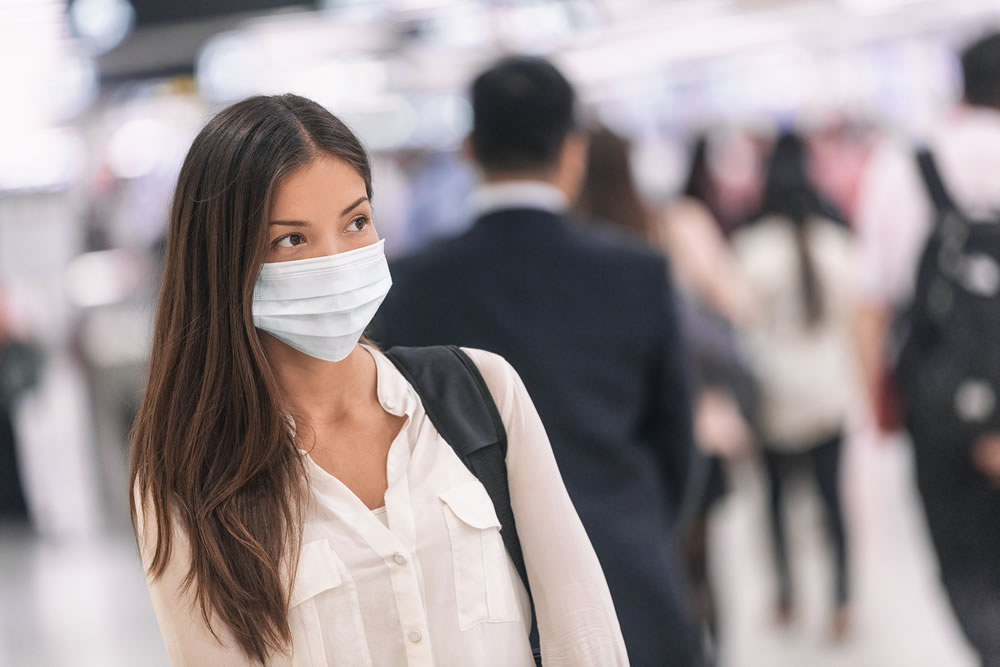
Here is the guide from Skin Woof.
Masks
Masks are designed to prevent germs and bacteria from your mouth and nose from becoming airborne. This means that those germs build up on the masks, meaning a dirty face mask is a breeding ground for bacteria. Therefore, it is extremely important for you to wash your skin and your mask after each use.
Masks worn for a period of time can begin to rub the skin and cause sweating due to increased heat. This can clog pores which form into pimples. To reduce friction, apply a moisturiser suitable to your skin type before wearing your mask. Avoid wearing makeup under your mask for the same reason as well as ‘soiling’ your mask leaving it with a stained mark.
Screen time
We all know about the damage of UV rays but what about HEV (High Energy Visible Light) rays? These come from the glow of screens, like our laptops, phones, and TVs. This can damage the skin by breaking down collagen. The pesky thing with HEV is that unlike UV rays where we can see burning happening, the damage is less obvious at first. And it has been commonly reported that people working from home are working longer hours than normal and therefore spending a lot more time in front of a computer screen.
One of the best ways to combat this is to make sure collagen levels are topped up. A daily dose like Skin Woof Beauty Collagen Drink is a great solution for this.
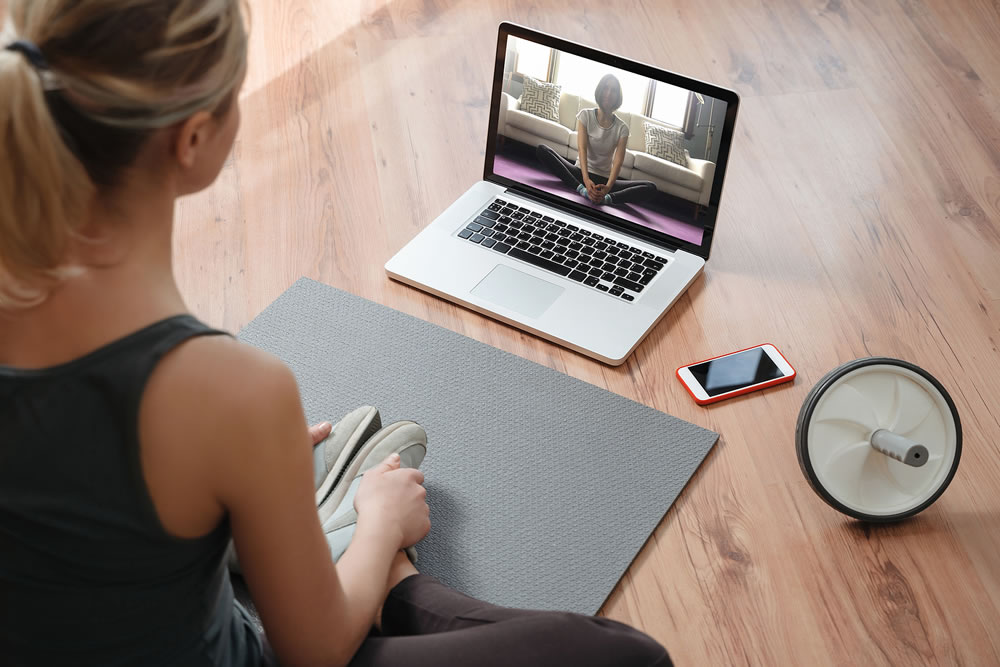
Stress
Stress, worry and anxiety is commonly felt by many during the pandemic and it can have a big impact on the condition of our skin. It has a knock on effect too as stress can cause breakouts, and this in itself can result in more stress.
When we’re under stress, our skin produces hormones, including cortisol which stimulates oil glands to overproduce, resulting in clogged pores and unwanted breakouts. Prolonged spikes of these hormones lead to the body being unbalanced and inflammation increasing; the skin is where we can openly see the effects.
To care for your body’s imbalance from the inside out, we recommend taking a daily supplement like Skin Woof’s Original Vitamins.
Lack of vitamin D
We’ve all been staying indoors this year but now with winter drawing in, we’re even less likely to receive the right daily amount of vitamin D from the sun alone. It’s simplest to think of vitamin D as an immune booster for the whole body; healthy levels of vitamin D are important to protect from infections, prevent skin ageing, promote healthy bone growth, and overall improve your mood. When it comes to our skin, vitamin D helps keep inflammatory conditions like eczema and psoriasis at bay – those who suffer from these may notice a flare up in the winter months.
Don’t rely on UV for your vitamin D, it’s too important! Instead, you could try looking at your diet and incorporate more vitamin D-rich foods like oily fish, salmon and sardines or for vegans, mushrooms. Supplements are also a terrific source of getting a high dose easily.
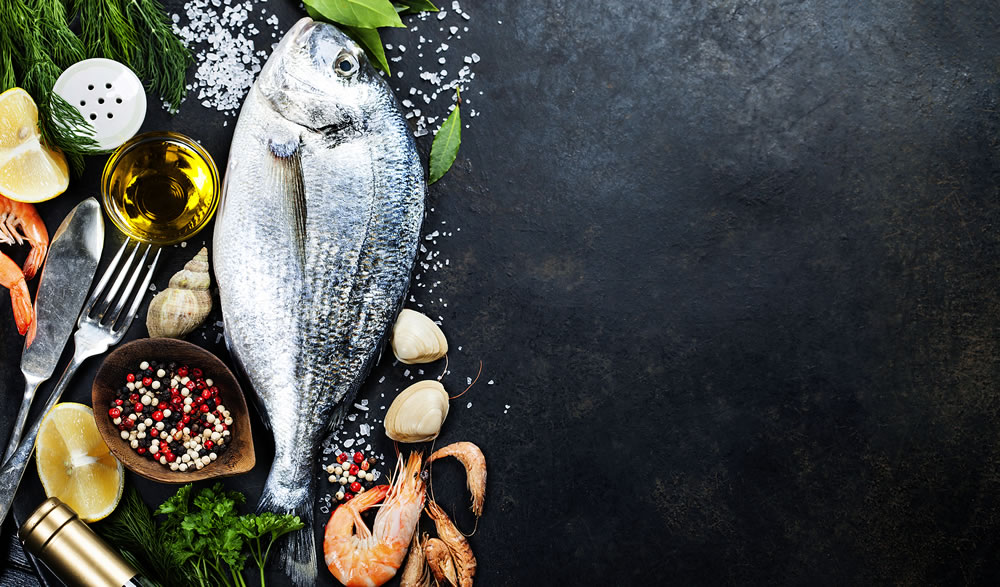
Lack of SPF
Many of us are looking at staycations this year and so the idea of applying suncream might seem ridiculous. However, wearing daily sunscreen is still also a skincare essential. UVA rays are present all year round and are responsible for premature ageing. Try and find a moisturiser with SPF in so you can make your skincare routine multitask.
Skipping the skincare routine
Many of us have decided to take a break from make-up this year due to being at home so much but this is also leading to us skipping important steps in skincare like cleansing and moisturising. This can increase dullness or greyness in tone.
One way to help boost your skin’s radiance is to increase vitamin C input. Skin Woof has a brilliant Vitamin C Radiance Serum and vitamin C can also be found in the Strawberry and Lime Collagen Beauty Drink.
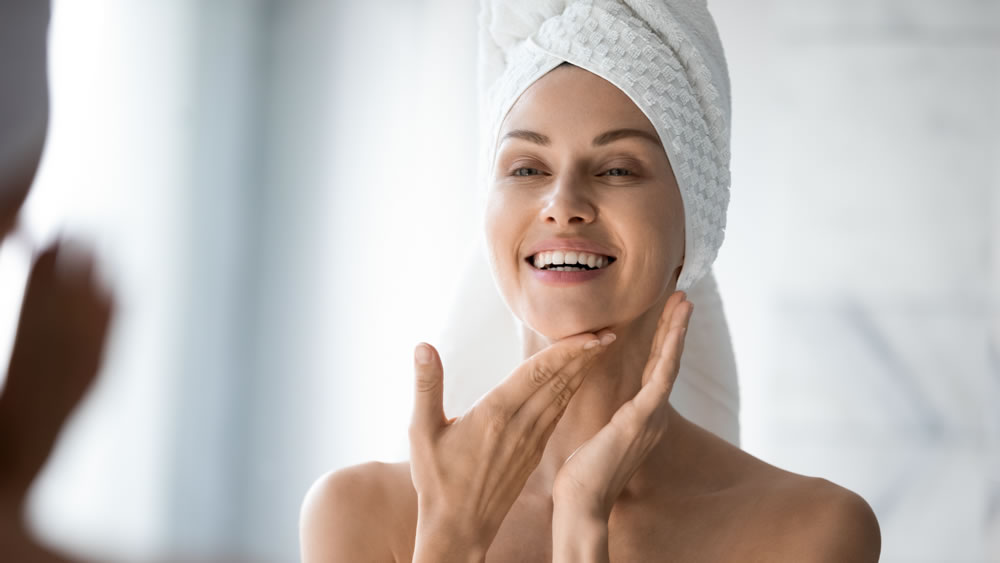
Snacking
With many of us working from home, it’s now only a short walk to the kitchen and the biscuit tin! We would never snack shame and we all need a bit of sugar now and again but whilst we love it, our skin really doesn’t. Food and drinks with a high glycaemic index (high in carbs) can be pro-inflammatory, leading to flare ups.
The best solution for this is simply to try and limit your snacking or look at healthy swaps – instead of a whole chocolate bar try a few strawberries and raspberries with a chocolate chip in the middle!
Binge drinking
Much like the snacking, it has been widely reported that the UK’s alcohol consumption has increased during the global pandemic. It is one of skin’s worst enemies – we all know the dehydrated feeling of a hangover but it also dries out our skin too. On top of that, alcohol can cause redness and puffiness.
Once again the simplest solution is to cut down alcohol intake. Now is the perfect time to try limiting the gin and tonics and perhaps trying non-alcoholic alternatives.
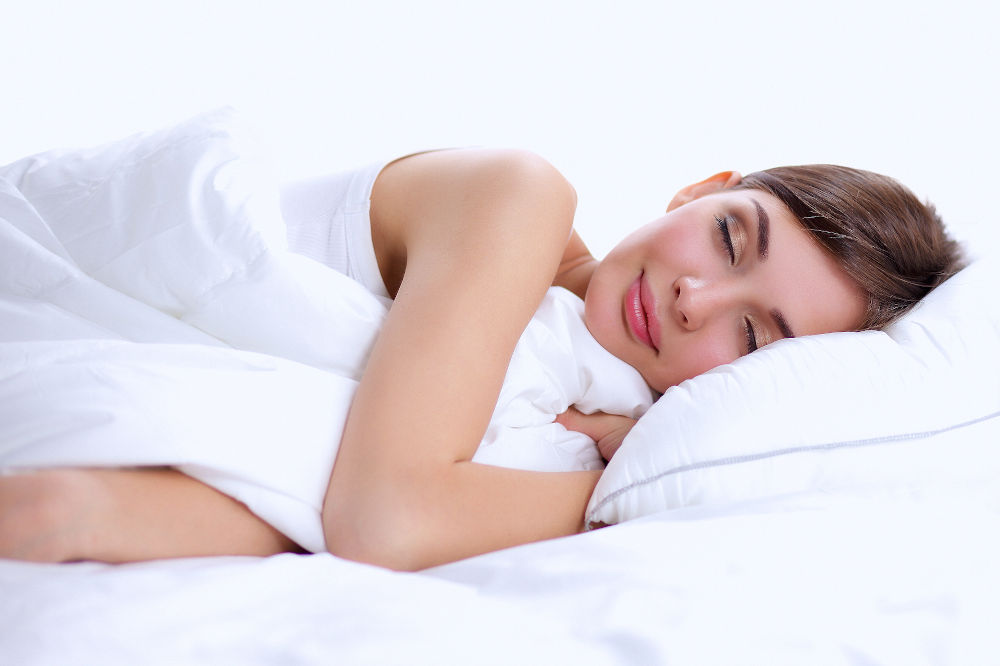
Lack of moisture
Spending time indoors, particularly in winter, means your skin isn’t exposed to much moisture in the air, leading to dryness. When skin is dry, oil glands tend to overproduce sebum to make up for the lack of moisture. To keep this at bay, use a lightweight, low-oil moisturiser morning and night.
Lack of sleep
A new phenomenon called ‘coronasomnia’ has emerged during the pandemic with many of us tossing and turning due to the understandable worry Covid-19 has brought on us. But it isn’t called ‘beauty sleep’ for nothing! When you miss sleep your cortisol levels increase, triggering inflammation. When you are tired the blood in your body is not flowing efficiently which normally results in a lack of oxygen in the blood. This lack of oxygen causes your skin to appear ashy, pigmented, blotchy or most commonly, with dark bags under the eyes.
Things like cutting down on sugary snacks, alcohol and screen time can really help with getting a good night’s rest, as well as aiding your skin in the daytime too.












